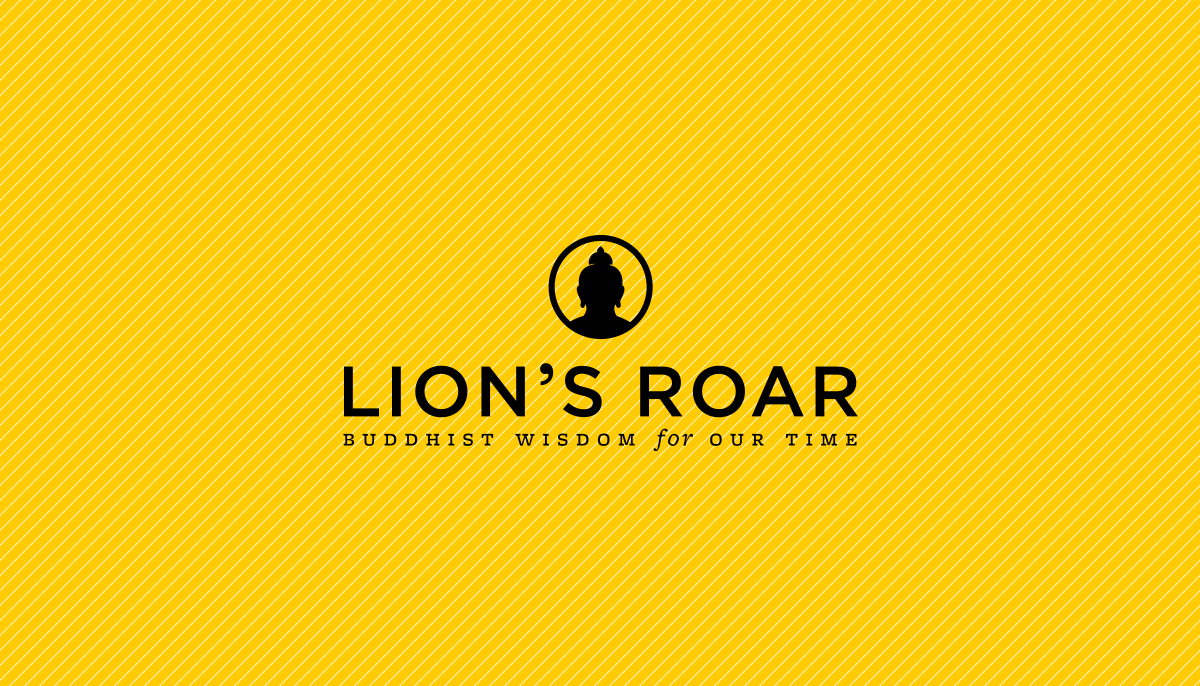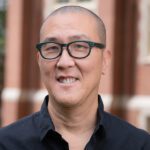In the wake of the Sandy Hook shooting in 2012, Chan Buddhist teacher Guo Gu looked at how to understand violence through the lens of the three poisons.
My teacher, the late Master Sheng Yen, once said something very simple, but which requires a lifetime of practice to actualize. I share it with you in this difficult time: “Wisdom does not give rise to vexations; compassion has no enemies.”
Wisdom is to be free from greed, hatred, and ignorance, which are the three root vexations. Compassion is to act without opposition. Siding with those who agree with me is greed; opposing those who don’t agree with me and wishing they would go away is hatred; not being able to see this mechanism is ignorance. Do our decisions and interpretations of what we experience foster vexations? Do greed, hatred, and ignorance live in us? How many times in our life have we tried to blame others for our suffering? How often do we see things in opposition, as victim and victimizer, good and bad?
It is difficult for people to process their feelings of grief and sorrow after the tragic mass shooting in Newtown, Connecticut. The media has supplied many details but has provided no help in understanding what happened. One politician simply stated, “Evil has come down to us.”
For the most part, people automatically refer to those who died as victims and to the shooter as the perpetrator. Accepting this dualism of victim and victimizer is a common natural response to such a tragedy. We feel pity and sorrow for those who died and anger toward the perpetrator—and perhaps by extension, we condemn all those who own guns. But such a mentality is not compassionate. It only creates further harm because it is based on ill will, duality, and opposition.
When we recognize the suffering of all beings, including ourselves, we are not seduced by the conventional way of creating perpetrator and victim. If we really want a perpetrator or culprit, let it be greed, hatred, and ignorance—the three poisons—that drive people to commit harmful acts. This does not mean that people who harm others are not responsible for what they have done and will not receive karmic retribution for their actions. But if we are to end suffering, we must interpret what has happened in light of the three poisons and recognize how they govern our lives, choices, and experiences. And we must feel great compassion for all beings under their control.
The tropes of hero and victim, good and evil, innocent and perpetrator have some use, but often they are too simplistic and have the potential to breed more suffering. From the perspective of the Buddhist teachings of causes and conditions, sometimes framed as dependent origination (or co-arising), a linear view of what we experience in life is far too limiting. Life evolves from multiple causes, conditions, and the interactions among them. Things happen and change for myriad reasons. The teaching of causes and conditions reminds us that everything is related; everything exists because of other things, and we are all connected. When we assign the terms perpetrator and victim, we miss this interconnectedness.
It is only when we see that every being is suffering that we will not allow these events to fill us with ill will and hate but rather let them inspire us to practice, to cultivate compassion and wisdom within ourselves, and to spread this message. In this way, we help all beings, including ourselves. This does not mean that we should not change government policy, help the families in Newtown who are struggling to move on, strengthen our school security systems, and take care of our own loved ones. We may do all these things, but with wisdom and compassion.
It is not that we no longer see any distinction between good and bad or that we are blind to what transpires in the world. But subjectively, within ourselves, we should be free from opposition and respond to the world with compassion. This is very important. We make much better and more helpful decisions with wisdom and compassion, which we cultivate when we take the core of the problem of the three poisons into consideration, recognizing that these poisons are complex and ingrained.
Wisdom does not give rise to vexations; compassion has no enemies. Let us begin with ourselves, and allow these bodhisattvas—the children and the teachers—to live on and guide us in practice. This will honor them.

